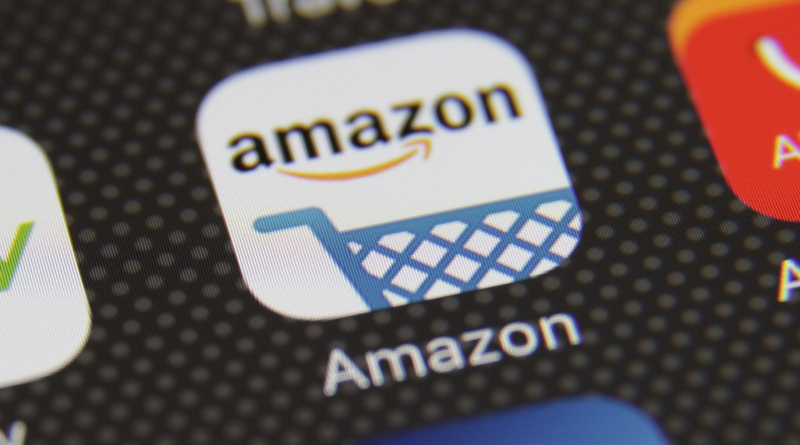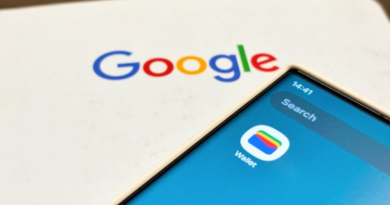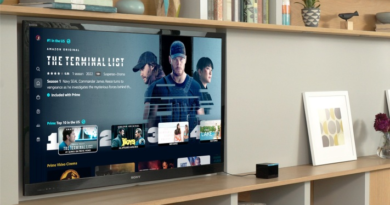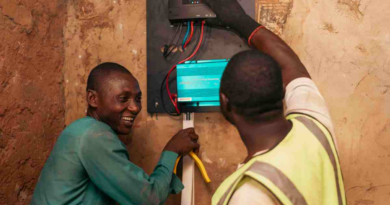Apple and Amazon fined $218M for ‘brand gating’ in Spanish antitrust finding
Spain’s antitrust authority has fined Amazon and Apple a total of €194 million (~$218M) for unfairly restricting competition around the reselling and marketing of Apple kit and other products on the ecommerce giant’s local ecommerce marketplace. The penalties break down into around $161M for Apple and just under $57M for Amazon.
The country’s competition watchdog, La Comisión Nacional de los Mercados y la Competencia (CNMC), found that contract clauses the pair agreed “unreasonably restricted” the number of Apple resellers on Amazon’s local marketplace, amazon.es.
It also said they limited advertising space where competing Apple products could be advertised on Amazon Spain and limited the possibility for Amazon to target customers of Apple products using its website with ads for other electronics brands.
The watchdog has ordered the pair to cease the infringing behavior, as well as issuing financial penalties.
Back in November 2021 Italy’s competition watchdog hit Amazon and Apple with a $230 million penalty for alleged collusion in a similar case related to the reselling of Apple and Apple-owned Bears kit on Amazon. Both companies said they would appeal that decision.
The CNMC’s findings relate to contracts Amazon and Apple signed locally at the end of October 2018 — which contained so-called “brand gating” or exclusion clauses.
“Both companies agreed that only a series of distributors designated by Apple itself could sell Apple-branded products through the Amazon website in Spain,” the watchdog explained in a press release (which we’ve translated from Spanish).
It found these restrictions resulted in more than 90% of Apple product resellers who had been using Amazon’s website in Spain being excluded from the main local online sales channel for electronics.
Reseller and ads squeeze
Per the CNMC, these were mostly unauthorized (smaller) resellers of Apple kit who do not have a direct commercial relationship with the tech giant but sell its products with consent. These non-authorized resellers had typically been most active on Amazon’s site prior to the contract changes — and tended to offer consumers more competitive prices. So once they lost access to the sales channel it said there was an increase in the relative prices paid by consumers to buy Apple products on Amazon in Spain.
Additionally, it found the contractual restrictions imposed by the two companies also had the effect of limiting trade between Member States since they also reduced reselling by sellers based in other EU countries.
While marketing limitation clauses agreed by the pair restricted Amazon from running ad campaigns targeting customers who had purchased Apple products on the Amazon website in Spain unless it obtained Apple’s contain — including a ban on ads encouraging these consumers to change from an Apple product to a competitive one.
The CNMC said the upshot of the marketing agreements was to reduce competitive pressure on Apple in Spain.
It also suggested the restrictions harmed consumers by limiting their ability to discover new brands or alternative products, as well as increasing their searching costs and reducing their ability to switch away from buying Apple kit.
Taken as a whole, the watchdog said the 2018 contract contributed to changing the sales dynamics of Apple products on the Amazon website in Spain — restricting intra-brand and inter-brand competition, in violation of Spanish competition law.
Apple and Amazon can appeal the CNMC’s decision to the national court within two months. Both companies confirmed to TechCrunch that they intend to do so.
Defending the sanctioned behaviors, Apple claimed its main objectives for the 2018 agreements with Amazon Spain were related to counterfeit goods and safety issues — saying it had had to dedicate significant time and resource to dealing with fakes and safety issues that had remained unaddressed on Amazon’s marketplace leading up to the 2018 contracts.
This included sending hundreds of thousands of take-down notices to Amazon to try to address the sale of counterfeits — but which Apple said failed to stop the problem. It also said it conducted its own test purchases on Amazon’s marketplaces which consistently returned high counterfeit rates.
However, after the 2018 agreement was put in place, it said sales of counterfeit Apple products on Amazon’s marketplaces significantly reduced and the customer experience materially improved.
The company argues that settled case-law and legal precedents recognize that the purpose of protecting customers and a premium experience justifies limitation on the use of marketplaces. (Albeit, Apple’s defence of the agreements does not offer a justification for why the contracts also included clauses restricting Amazon’s ability to market rival electronics products.)
Apple’s spokesperson also sent us this statement:
At Apple, we work hard to create the best products and user experience in the world. To protect users from security, safety, and quality risks created by counterfeit products, we have rules in place that have effectively reduced counterfeiting as well as dedicated teams around the world who work tirelessly with merchants, law enforcement and customs officials to ensure our very high standards are met. We stand behind our efforts to protect consumers and plan to appeal the Court’s decision to the Spanish High Court.
Amazon Spain also send us a statement:
We intend to appeal as we disagree with the decision of the Spanish Competition Authority (CNMC). We also disagree with the Competition Authority’s suggestion that Amazon benefits by excluding sellers from our store. Our business model relies on sellers’ success — most of which are small business. Moreover, as a result of the agreement with Apple, Spanish customers benefit from a selection that has more than doubled in the last four years, and offers excellent deals and fast shipping.
In background remarks the company suggested the 2018 contract had been beneficial to Spanish consumers — claiming it had boosted the range of certain Apple products sold on its marketplace and also greatly increased the volume of sales for new Apple products.
More Apple products were also shipped fast-track after the agreements, per Amazon — which further claimed tat discounts on iPhone models rose on average by 6% percentage points in the second and third year after the implementation of the agreements; while it said discounts on iPad models rose on average by 7%-8% over the same period.




